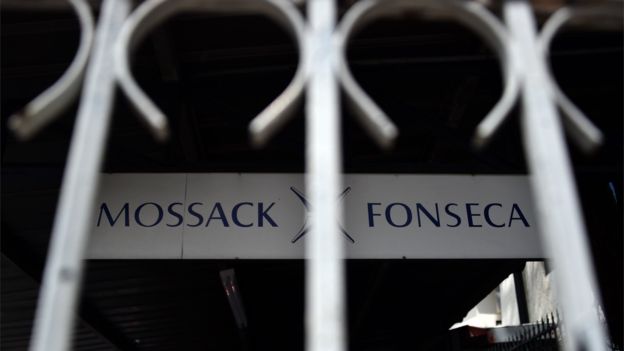And why you should care
By Renske Wienen
“The biggest whistleblower leak in history”, the Panama Papers scandal was called, and not just in the figurative sense. Instead of Cablegate, a 1.73 GB collection published by WikiLeaks that blew up every timeline and newsfeed six years ago, this leak’s size was never seen before: 2.6 Terabytes. To put this into perspective: if Cablegate were the size of an average cat, Panama Papers would be the size of an African bush elephant.
Something important to point out is that the scandal of the Panama Papers is very complicated, primarily from an economic point of view. News items come up every hour, which makes the situation quite complex. You might be confused about why what is in those papers is important to the media and mainly, why you should care about those papers. Therefore, this piece aims to provide a global yet concise overview of what we know for sure.
But what are the Panama Papers?
The Panama Papers reveal countless ways that can be used to exploit offshore tax regimes. The rich community sing these tax havens seemed initially unrelated to them, but the Panama Papers show the trails that link them to these practices.
Now, do note that Panama is not the tax haven that we are talking about. The media leak is called the Panama papers because Mossack Fonseca, a Panamanian firm that runs a worldwide operation, provides an entrance to these tax havens. Its main service is to incorporate a company in offshore tax regimes such as the British Isles. These companies can be real, but they can also be companies that only exist on paper.
One of the biggest findings is the paper trail of 2 billion dollars (1.76 billion euros) towards Western Media’s most beloved world leader: Vladimir Putin. But he is not alone! Other leaders with offshore wealth are for example Pakistan’s prime minister, the president of Ukraine, the father of the British prime minister Cameron and the prime minister of Iceland, who resigned after a demonstration about his hidden wealth on the 5th of April. Others are currently being probed by anti-corruption organizations such as Transparency International. In total, 61 relatives and friends of national leaders have been found to make use of Mossack Fonseca’s services.
A last, it is important to know that if you store some of your money overseas, you are not by definition a horrible person. Corrupt individuals can of course also make use of this structure, but in eastern European countries it can also be done as a safety mechanism in order to protect your means from criminal raids. Using these structures is not illegal, but it is difficult to pinpoint whether or not someone is abusing them.
How do I hide my millions?
So if you are a wealthy student and think: “oh man, why didn’t I think of this? How do I hide my money?”, here is a little step-by-step overview on how Vladimir Putin has done so. It is still complicated, but this overview – mainly based on the research of the International Consortium of Investigative Journalists (ICIJ) and the German newspaper ‘Die Süddeutsche’ after receiving an anonymous tip– is currently the best example to understand how such a big amount of money can ‘disappear’.
- Don’t link yourself to the money, but find a friend or an unknown relative (such as Sergei Roldugin, Putin’s BFF).
- Let this friend set up some companies in their name. Do note, these companies do only have to exist on paper – a friendly bank can help you with this.
- Register these companies in a tax haven such as the British Virgin Isles, where strict privacy laws protect you from having to explain your ways.
- Buy and reassign the rights over these companies multiple times in a very short time span for, let’s say 1 dollar. You now have an almost untraceable financial flow.
- Amazing, you have hidden your money!
Why should I care?
Okay, so some politicians, FIFA-officials and other big boys are corrupt. You might not be very surprised by this news, but note that there are several reasons why the Panama Papers are so big.
First and foremost, people are hiding millions of dollars from taxes. Meaning that the government has a lot less to spend on your education, healthcare or infrastructure. It means that tuition fees rise; we pay more for our basic needs because others did not want to pay their fair share.
Secondly, Mossack Fonesca has not only hidden money from the government, it has also been declared hat the firm did business with people who stole from death benefit pools – money that is used to support families that have lost a loved one. They have been doing business for over 40 years with individuals with an alarming sense of morals.
Thirdly, the people Mossack Fonesca have done business with are not merely relevant because of their wealth. One of the individuals already had links to North Korea’s nuclear weapons programme, something that we would not have known if these documents were not published. More political ties can be discovered, which brings the world closer to a more open and safe system.
Therefore, even if you are not an economic genius, don’t care about what the rich do with their money or did not care to understand the Panama Papers, hopefully you will now think “Oh, that is quite a big deal”. Because it is, and not just for the people that got caught. We will see what future news coverage has to offer us.
Renske Wienen, Class of 2018, is a Chemistry & Cognitive Science Major from Rotterdam, the Netherlands.

